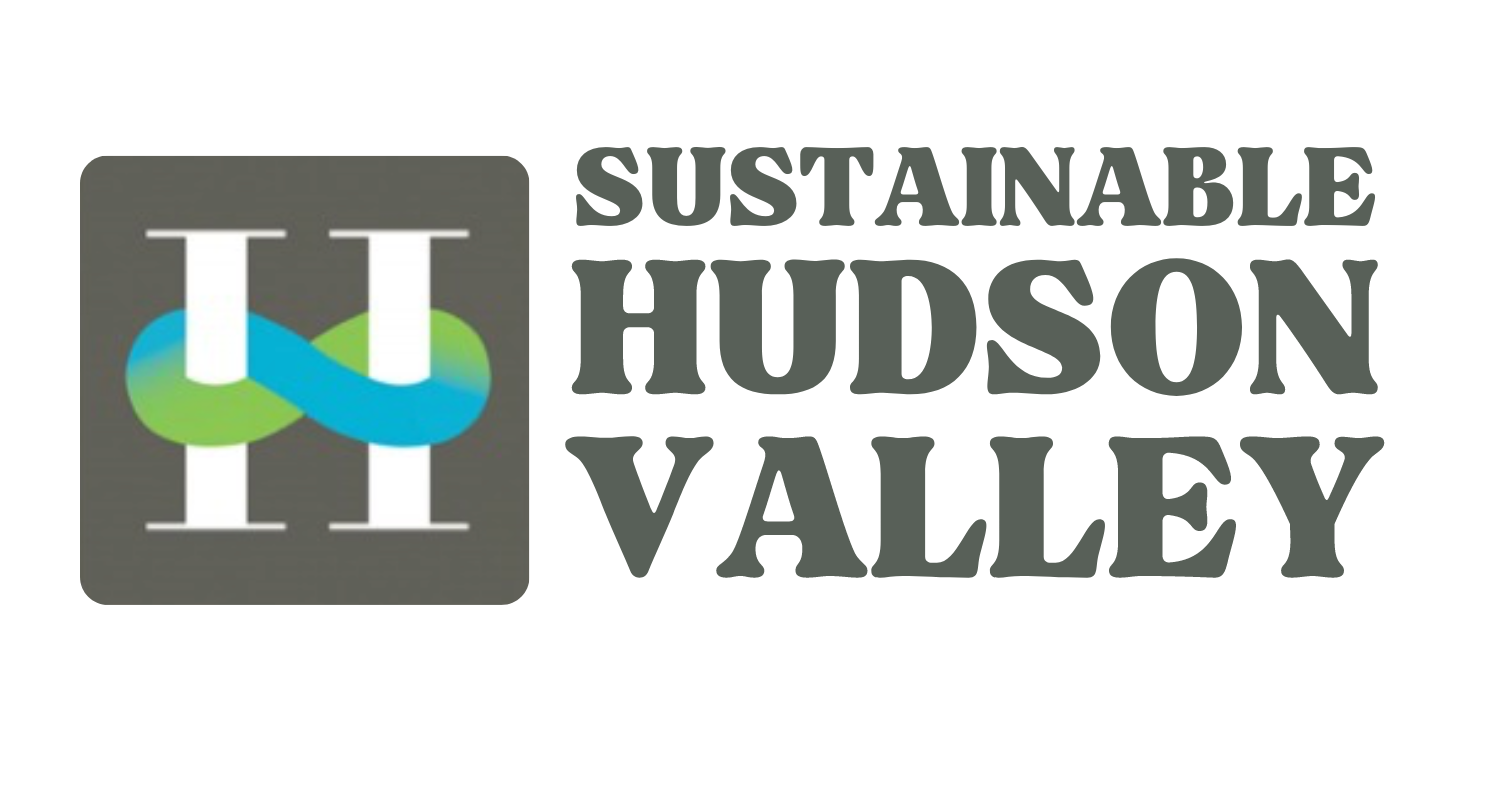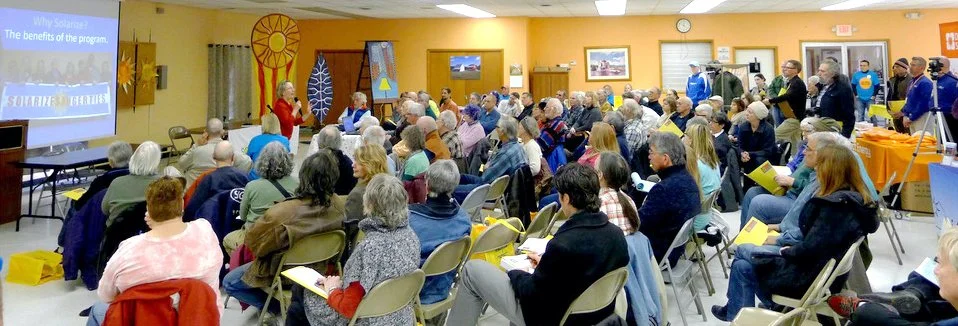How We Work
Sustainable Hudson Valley draws on many dimensions of social science to advance climate solutions that bring community benefits because they are built on local values and partnerships.
Our regional initiatives arise from creative problem solving to tackle disconnects and barriers in the system, and consensus building to unify partners around impactful solutions.
Our community programs have traction because we are skiilful practitioners of community-based social marketing, an approach to learning new ways of living and working through peer to peer support to remove barriers and change habits.
With partners and in our own organization, we strive to create a culture where people are encouraged to learn together and bring their whole selves to work.
We understand that the climate crisis is part of “the great unravelling” of economies and institutions that worked for some while oppressing and marginalizing others, and we believe that impactful climate solutions must be trauma-informed and guided by an ethic of justice.
We see this work as part of a maturing social movement of innovators who understand that healing environment, economy and community must go hand in hand.
Sustainable Hudson Valley presenting to a crowd on Saugerties Solarize
Serving the entire Hudson River corridor from our mid-Hudson base, we operate at scales that are big enough to matter but small enough to impact: from small-group to community to regional collaboration. Our focus is on helping communities and institutions to make positive change in their practices directly; we take a stand on policy when necessary to tackle barriers to progress, but we concentrate on inspiring the most ambitious possible climate action within existing policies. We believe it is possible to change the system without legislation, by creating new flows of information and incentives, economies of scale through collaboration, and new working relationships. Systems change doesn’t have to create winners and losers; in fact, creating new ways to work together can be a path to win/win outcomes and reduced polarization.
SHV’s system change work is rooted in several strategies:
Creating supportive and healing small groups that strengthen cooperation between citizens and local leaders, easing the adoption of new practices in the community, from a solar array on the local landfill to a pollinator pathway to l a clean energy marketplace campaign;
Developing information tools that make action opportunities and needs clear, such as maps that highlight assets and opportunities as well as showing patterns of injustice that need to be addressed;
Convening and guiding collaborative projects with agencies and institutions that allow accelerated climate action through coordination and scale, including work with public libraries on climate resilience and work with county recycling agencies on increased materials diversion;
Regional coordination to create a common vision, as we have done with the Regional Climate Action Road Map and Tool Kit, with ongoing facilitation of collaborative action to implement the vision.
An inspiration for our work is the late systems scientist Donella Meadows’ five types of action that can change a system from anywhere:
Visioning, to see new possibilities and understand current realities more deeply;
Networking, to create new relationships and channels of communication;
Truth-telling, for feedback on ideas and progress;
Learning, to become more impactful;
Loving, which always changes the game.

